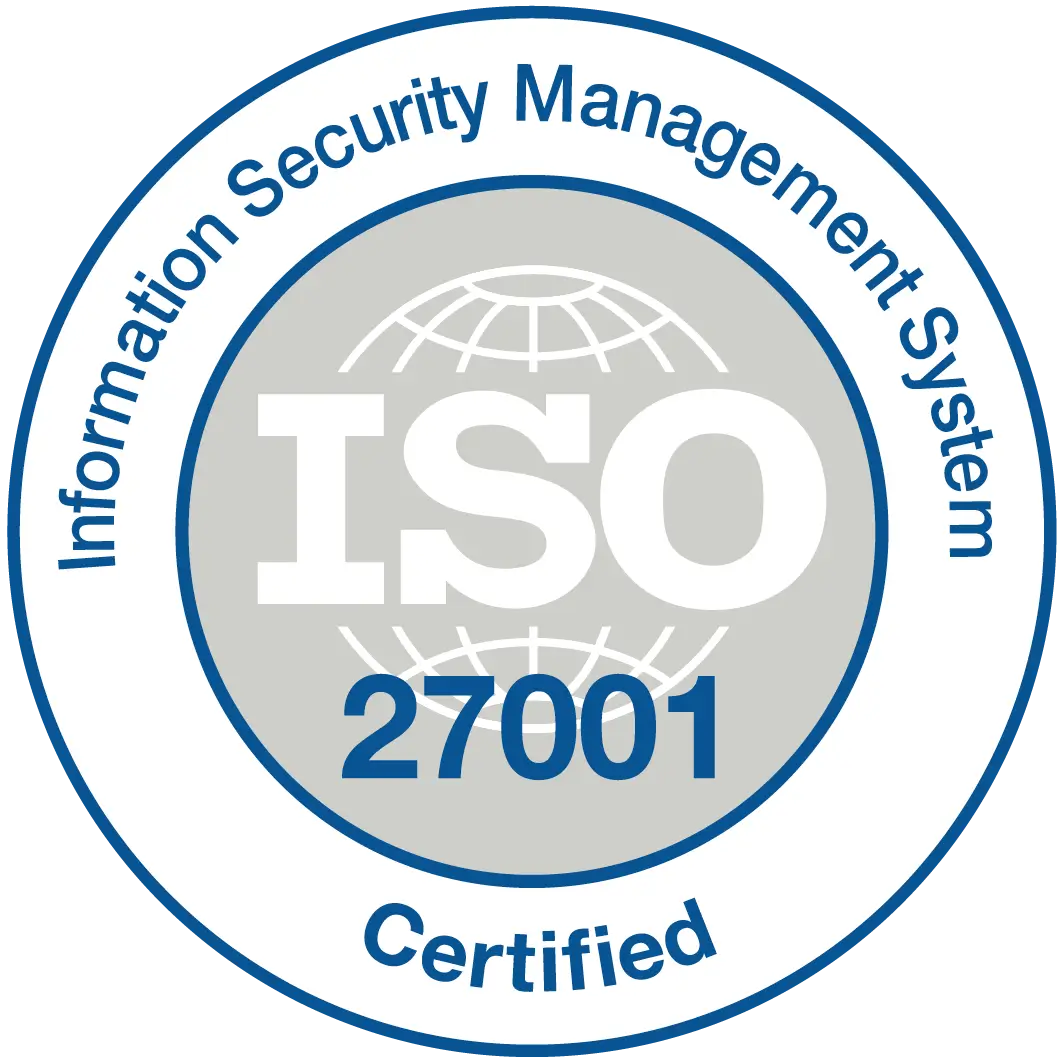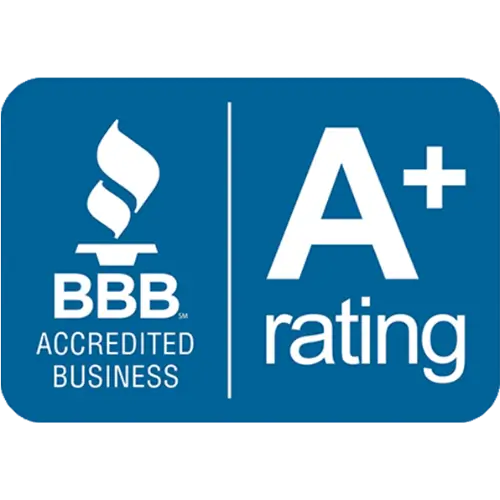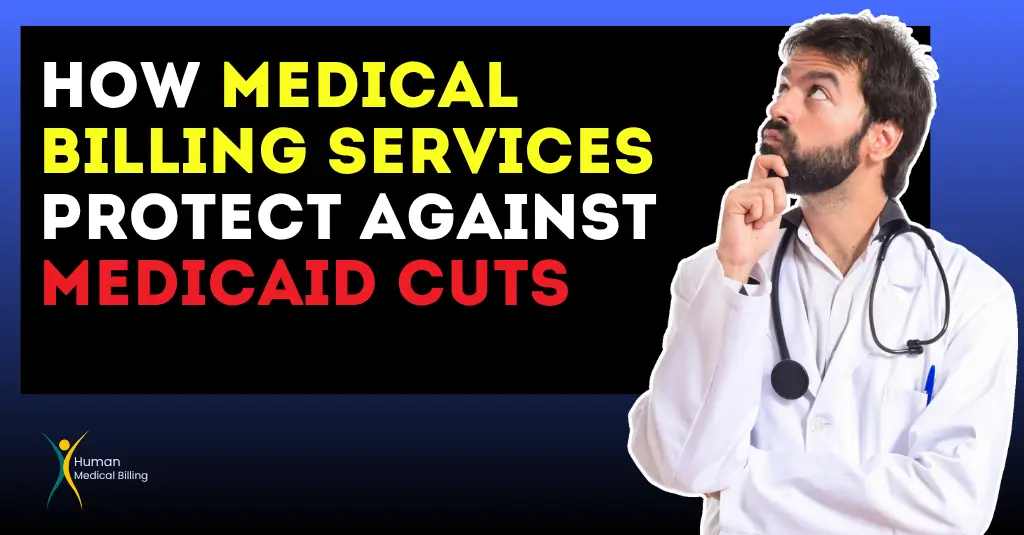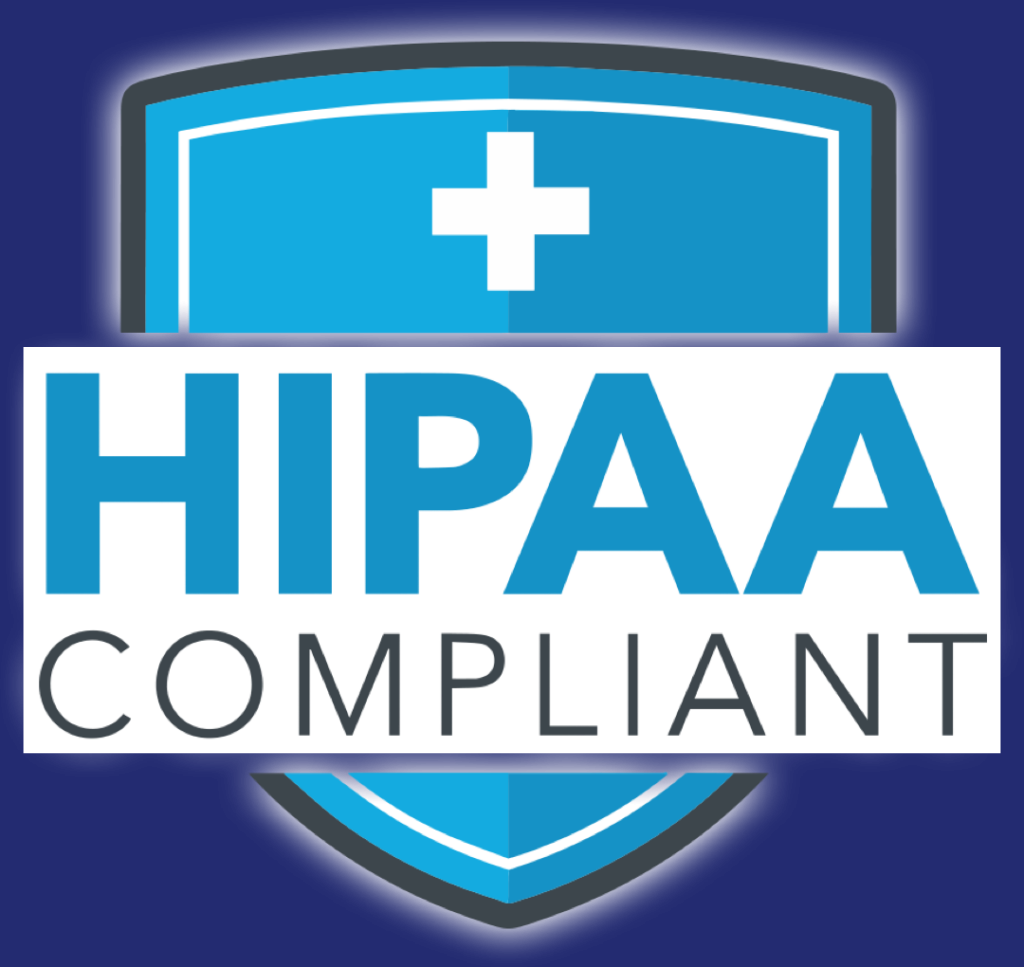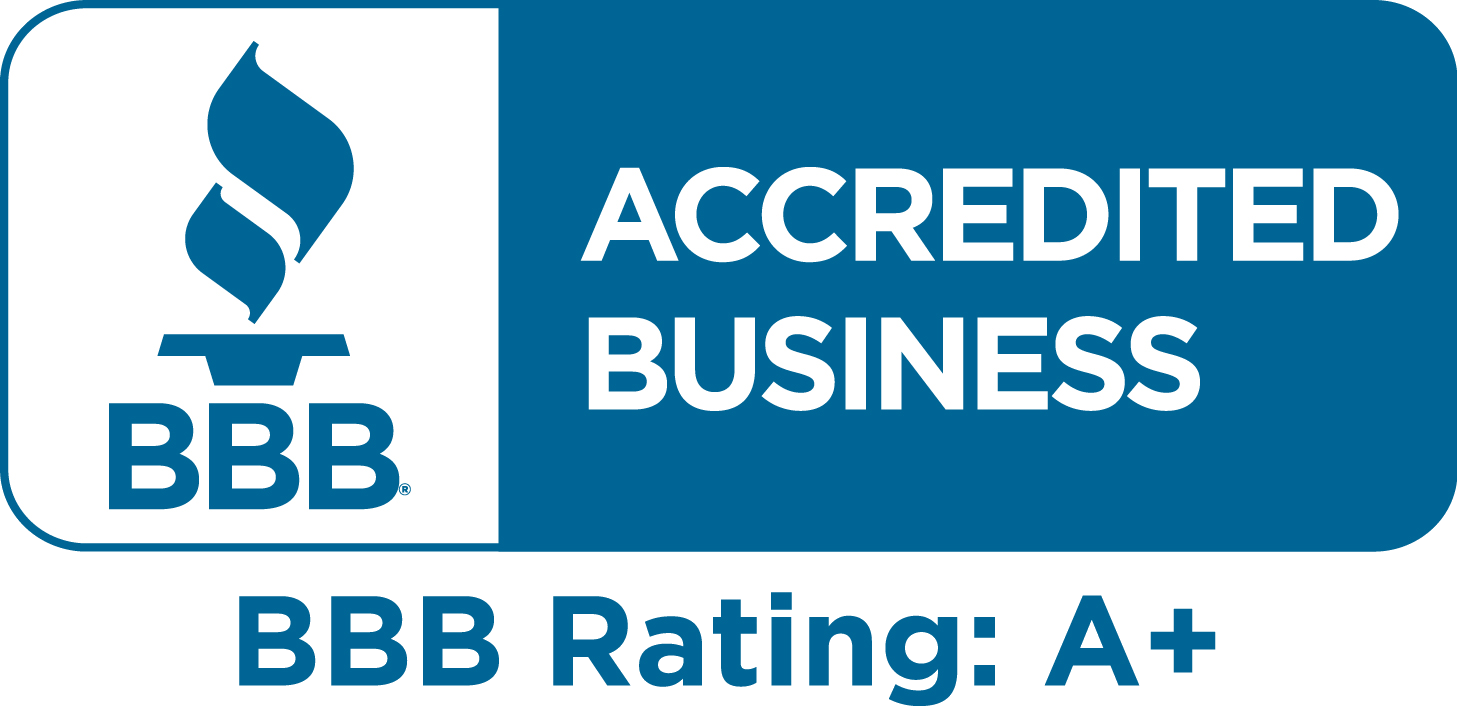Introduction
Revenue cycle management is essentially the system for the management of revenues by the health care service providers. They get paid right and on time by the hospitals and clinics offering them services. This system contains the medical billing aspect, through which the claim submitted to insurance gets processed smoothly, and a patient’s payments get handled perfectly.
But how exactly do they work together? This blog explains the role of medical billing in RCM, answers some of the most commonly asked questions, and explains why getting this right can avoid problems with payments and enhance revenue.
What is Revenue Cycle Management in Medical Billing?
The Revenue Cycle Management is the process through which the financial part of the care of a patient is managed, from the first appointment to the final payment. Medical billing is one aspect of this, which involves the conversion of healthcare services into insurance claims and ensures that payments are collected.
In this aspect, without a proper billing process, a number of things can go wrong: payments might be delayed, the claim could be denied, and even lead to legal problems. Even a minor mistake of entering an inappropriate code for a treatment might bring about an insurance company’s denial of claims resulting in loss of revenue.
That’s the real reason medical billing is not an add-on; it is an integral part of RCM as it ensures payment and financial stability.
The 10 Steps of the Medical Billing Revenue Cycle

To understand how medical billing supports RCM, let’s review the 10 major steps that keep the revenue cycle process on track:
1. Patient registration
Accurate collection of patient information, which comprises accurate information regarding insurance.
2. Insurance verification
Verification of whether the patient’s insurance covers the treatment he/she will require.
3. Appointment scheduling
Avoiding no-shows and cancellations by managing appointments.
4. Charge capture
All services offered during a visit are to be recorded
5. Medical coding
Translating diagnoses and treatment rendered into codes standardized
6. Submission of claims
This submits the claim error-free into insurance companies.
7. Posting of payment
Received from the insurance and patient
8. Denial management
Correction of rejected claims and resubmission.
9. Follow up of Accounts Receivable
Unpaid claims, collection of the outstanding balances
10. Reporting & Analysis
Reporting & analysis of the information for billing efficiency and financial planning.
Each step must be perfect. Any mistake in medical coding or a failure in submitting a claim may lead to claim rejections. Claims denials cost an average healthcare practice about $117,000 annually. Finding these errors can avoid losses.
Why Revenue Cycle Management is Critical to Prevent Billing Problems?
Helps Increase Patient Satisfaction – Billing communication is clear, preventing confusion among patients on medical costs.
If a hospital is not managing its revenue cycle properly, claims will accumulate, denied claims will not be corrected, and cash flow will slow down. Here’s why a good medical billing process is important in RCM:
- Minimize claim denials – A well-functioning RCM system examines the errors in claims before the claims are made to reduce rejection. Advanced billing tools can identify even coding mistakes even before sending off the claim.
- Improves Cash Flow – A well-managed billing process will speed up payment from an insurance company or from a patient’s pocket. According to several studies, providers using specialized billing services get paid 30% faster.
- Ensures Compliance – Medical billing has to follow strict regulations such as ICD-11 and HIPAA in order to avoid fines and legal problems.
- Even a successful medical practice can get into financial trouble if it does not manage its billing and revenue cycle well.
The Duties of a Medical Insurance Specialist in the Revenue Cycle
Medical billing management also involves medical insurance specialists, whose duties include the following:
• Determining whether the patient’s treatment is covered by his or her insurance.
• Conversion of medical records into billable codes.
• Submitting claims and following up on the rejected ones.
• Communicating with patients regarding their medical bills.
These professionals ensure that healthcare providers are paid for their services. However, hiring in-house billing experts is costly. Many providers opt to work with professional billing companies to get expert support without increasing costs.
How to Optimize Medical Billing in Your RCM Strategy
Want to improve your medical billing and revenue cycle? Here are some ways to do it quickly and easily:
1. Train Your Staff – Keep your billing team up to date about the latest rules, coding standards, and compliance requirements.
2. Use technology – AI – powered billing tools can speed processes and minimize human mistakes.
3. Audit regularly – Review denied claims often to find the patterns and fix the recurring mistakes.
4. Outsource When Necessary – Billing experts can be brought in to help with complex tasks such as claim management and credentialing.
A well-managed billing system prevents claim denials, improves cash flow, and reduces administrative burdens for healthcare providers.
FAQs About Medical Billing in Revenue Cycle Management
What is Revenue Cycle Management in Medical Billing?
Revenue cycle management is the process of tracking all the financials of a patient’s care, from scheduling to final payment. Medical billing falls under RCM and focuses on submitting insurance claims, processing payments, and minimizing claim denials.
What are the 10 steps of a medical billing revenue cycle?
The ten steps are: patient registration, insurance verification, appointment scheduling, charge capture, medical coding, claim submission, payment posting, denial management, accounts receivable follow-up, and reporting & analysis. These steps ensure that the billing is smooth and the payments are on course.
Why is revenue cycle management important in preventing billing problems?
A well-coordinated RCM system will ensure to avoid payment delays, claim rejections, compliance issues, and financial losses. It ensures that the provider receives payments on time while maintaining healthy cash flow.
What are the roles of a medical insurance coder in the revenue cycle?
The roles of the medical insurance specialist include verifying coverages, assigning medical records in the form of codes, sending claims, making corrections on rejections, and discussing bills with patients. Such roles ensure a smooth and correct billing process.
How does technology improve medical billing in RCM?
Technology may automate redundant work, verify error before submitting, and speed up the processing time. AI-based tools can also identify errors to prevent them from happening.
What are the benefits of outsourced medical billing services?
Cost savings, ready access to billing professionals, and compliance with shifting industry regulations can be achieved by outsourcing medical billing services. In this way, healthcare providers may focus on patients while experts perform the billing functions.
Conclusion
Understanding medical billing in revenue cycle management is crucial for the healthcare provider. A good billing system ensures that payments are collected normally with little or no claim rejections and that stability of finances is upheld.
Improve billing accuracy, use the right tools, and partner with experts, and healthcare organizations will optimize their revenue cycle and pay more attention to patient care.
Want to ask more questions? See our FAQs or Contact Us to learn how we can help improve your billing process.
